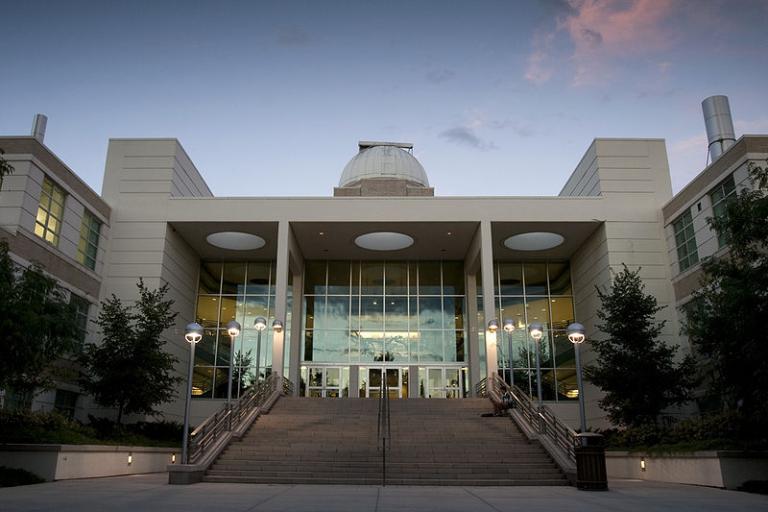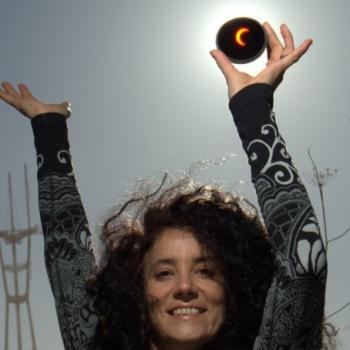
(A photo by Mark A. Philbrick of BYU; Wikimedia Commons)
Science is a marvelous enterprise that has contributed enormously not only to our comfort, health, and convenience but to our understanding of the universe. Despite my religious beliefs — and contrary to the suggestions of some — I don’t minimize the value of science at all. Quite the contrary. I celebrate it. I even find it religiously significant.
But, albeit an extraordinarily effective one, science remains a human enterprise, involving humans, constrained by human limitations, with a quite human history. And it has achieved its remarkable results by means of such measures as narrowly focusing on a relatively small (though fascinating and important) range of questions and by excluding teleology or “purpose” from its investigations. To put that another way, it has ignored three of Aristotle’s four “causes” — material, formal, and final — in order to concentrate very fruitfully on the fourth of them, “efficient causality.” (It was the decision to so concentrate that, in a sense, created modern science.)
When science is virtually deified, however, when everything looks like a nail to the person wielding a supposedly scientific hammer (often, ironically, a person who is not a scientist herself at all), when claims are made for science that are beyond science’s purview and even beyond its self-defined scope, this isn’t science. It’s scientism. It’s a deformed ideology that bears no more intrinsic connection to genuine science than Social Darwinism bears to evolutionary biology.
With that preface in mind, I offer this item, on the currently raging controversy about peer review, accuracy, reliability, self-interest, bias, objectivity, and even honesty in science:
http://www.nature.com/news/1-500-scientists-lift-the-lid-on-reproducibility-1.19970
To repeat myself: I’m not “attacking science.” I’m not trying to weaken science in order to defend my religious beliefs. I don’t see science and my religious beliefs as competitors. (I also don’t see baseball as the born enemy of accounting, nor Lake Powell as the natural predator of poetry, nor redwood forests as rivals to Ming vases, nor ethics as competing with photosynthesis.)
But I am taking aim at scientism.

















